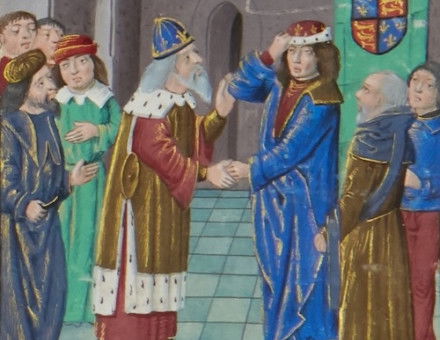The Goncourt Brothers
Joanna Richardson describes how the volumes of the Goncourts Journal record the intelligent scene in late nineteenth-century France.
Edmond de Goncourt and his brother Jules remain a phenomenon in French literature. They wrote in such sensitive collaboration that, although death ended the partnership early, they are seldom mentioned apart. ‘I have never seen more perfect or more extraordinary harmony,’ wrote Joseph Primoli in 1869.
‘One wears the watch and the other carries the purse. When you talk to them separately, they both give you the same answers, without any prior consultation.’
The Goncourts have long been considered as the aristocrats of modern French literature: noble-born, cultivated, neurotic, and proud to the point of arrogance. They could certainly claim noble birth, even if their nobility was of fairly recent acquisition. It was, in fact, only in 1786 that their great grandfather, Antoine Huot, bought the seigneurie of Goncourt, a little village in the Meuse valley. One of Huot’s grandsons, Marc-Pierre de Goncourt, served in Napoleon’s armies in Italy and Russia, and was pensioned off after Waterloo. His second wife bore him two daughters, who died at an early age, and two sons: Edmond on May 26th, 1822, and Jules on December 19th, 1830.





